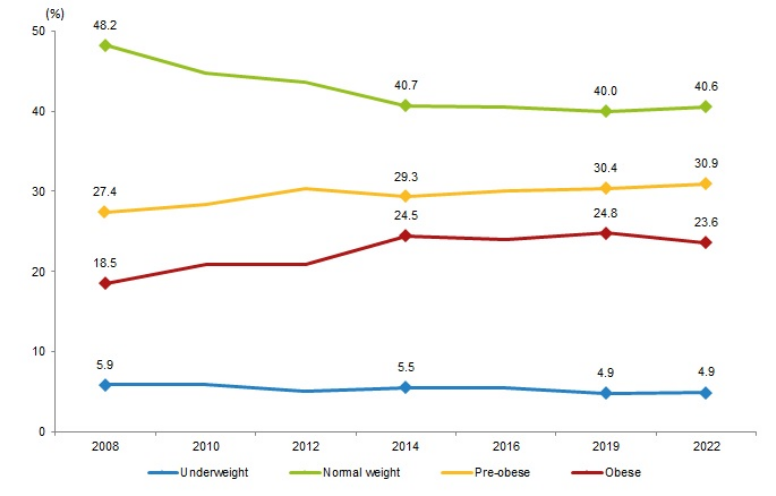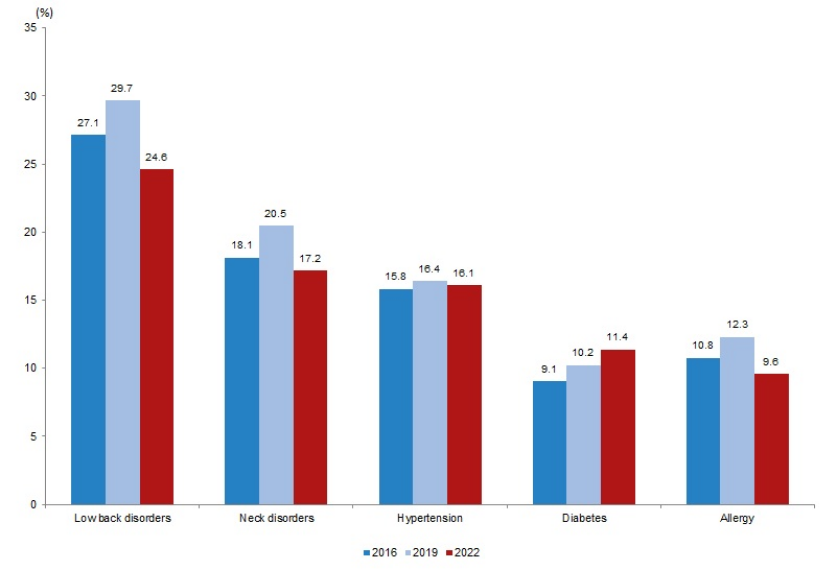
The World Health Organization (WHO) has identified Türkiye as one of the countries with the highest projected increase in obesity rates, with estimates suggesting that 94% of the population could be obese by 2060.
Globally, the obesity rate is expected to reach 70% by the same year.
These alarming projections were discussed at an international conference on obesity, held in Istanbul. Experts, including prominent figures such as Chairperson of the Hypertension and Atherosclerosis Society professor Dr. Serap Erdine and professor Dr. Manuel Tena-Sempere from Cordoba University, highlighted the growing concern over obesity as a global health crisis.

A major research project called eprObes aka the Early Prevention Of Obesity, funded by the European Union with a $10.9 million budget, is set to take place in nine countries, including Türkiye, Spain, Poland, Germany, Belgium, Estonia, Lithuania, France and Denmark.
The study will examine various factors contributing to obesity, including genetic, environmental and lifestyle influences. Results from the research will be evaluated using artificial intelligence to provide insights and recommendations for health care providers and policymakers.
In discussing the project, Erdine emphasized the urgent need to address obesity in Türkiye. "Currently, 20% of the Turkish population is obese, and 35% is overweight. By 2060, it is expected that obesity in Türkiye will reach 94%, which is a significant threat to public health," she warned.

Professor Dr. Manuel Tena-Sempere from Cordoba University pointed out that modern lifestyle factors, including increased internet usage and sedentary habits, are playing a significant role in the obesity pandemic.
“Obesity is not just about genetics; it’s influenced by our environment, diet, sleep, and modern technology. We are now seeing that excessive internet usage has contributed to this rise in obesity,” he said.
Tena-Sempere highlighted that the study will track factors influencing obesity from early development stages, including pregnancy and early childhood.
"This project will identify the risk factors from conception, infancy, and adolescence to better understand how we can prevent obesity," he explained.

Artificial intelligence will be a central tool in processing the data collected from the study. Peter Atanasov, an AI researcher involved in the project, stated, "Obesity is a complex issue influenced by environmental, genetic and socioeconomic factors. Using AI, we aim to analyze these variables and simplify the recommendations for action."